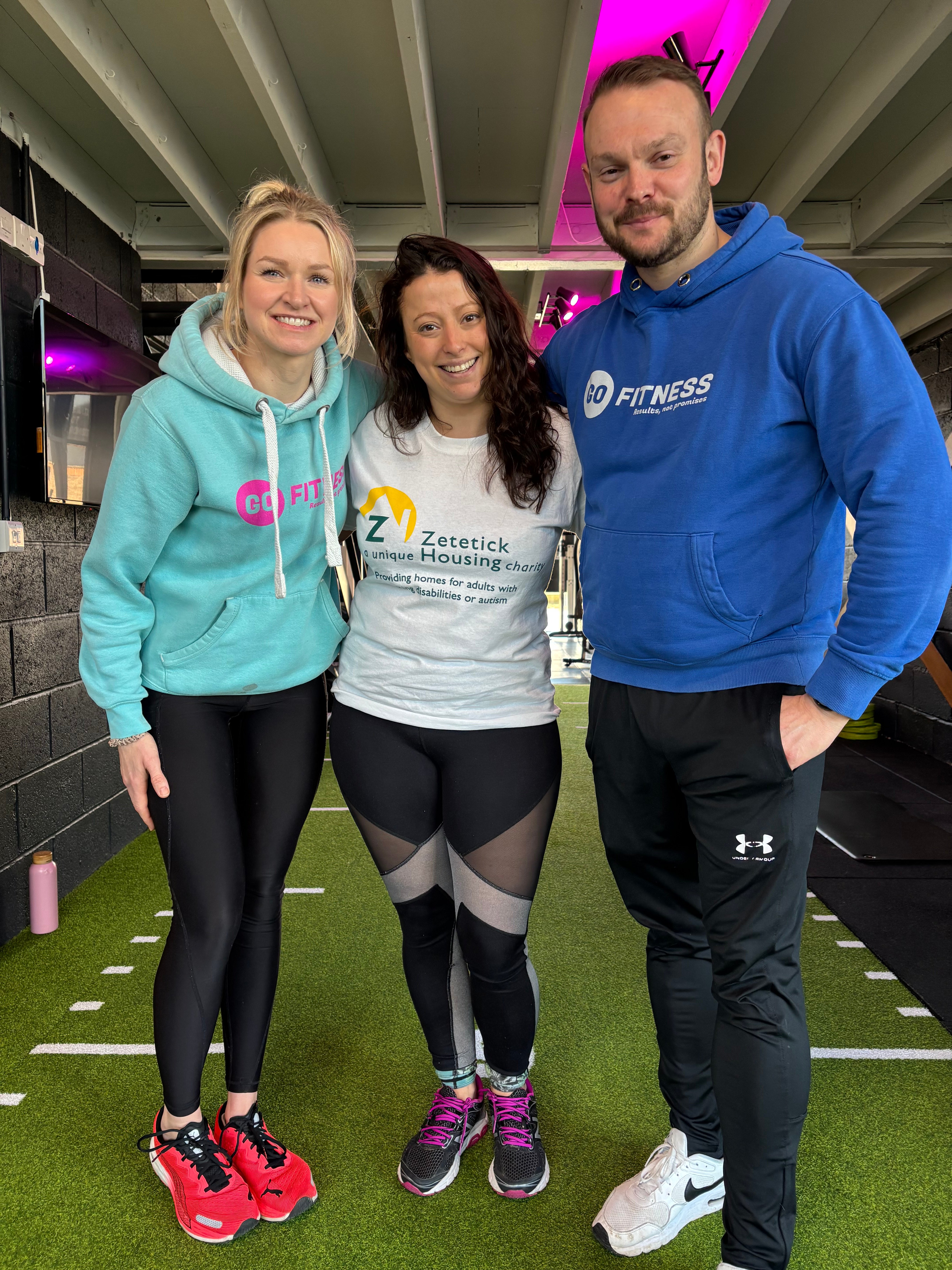Table of Contents
What are human rights and how do they safeguard the lives of disabled people?
Human rights abuses don’t only happen abroad, brought to our attention by headlines of torture and accompanied by stark images of violence or genocide. Human rights abuses happen at home too and can affect all of us, so we need to understand the rights protected by The Human Rights Act.
The HRA was passed in 1998 with cross-party support. It put into UK law 16 of the fundamental human rights in the European Convention (policy that the UK helped draft), and protects our most basic rights.
It is more common than you might think for disabled people to be denied their human rights. Some of the fundamental 16 rights that are particularly relevant are:
- the right to life
- the right not to be discriminated against
- the right for your private and family life to be respected
- the right to education
- right to freedom from torture and inhuman or degrading treatment
People with disabilities, both mental and physical, have the same human rights as the rest of the human race… This flows inexorably from the universal character of human rights, founded on the inherent dignity of all human beings… Far from disability entitling the state to deny such people human rights; rather it places upon the state (and upon others) the duty to make reasonable accommodation to cater for the special needs of those with disabilities. (Baroness Hale).
Covid-19 and DNRs
During the first wave of Covid-19 it was discovered that blanket DNR (Do Not Resuscitate) orders were put in place for groups of people who it was decided would be too frail to survive resuscitation, and that included people with learning disabilities. However these decisions were not based on individual health criteria, but rather on discrimination and lack of understanding. It was generally seen to be an illustration of how certain communities and their lives were not valued, leading to human rights infringements.
Locked away
It is an ongoing scandal that autistic people and those with learning disabilities have been locked away in secure units unnecessarily for years, often in isolation and suffering from physical and chemical restrictions. The average length of stay in inpatient units is 5.6 years and often people come out in a worse condition than when they were admitted.
You can read more about the first inpatient scandal here: Winterbourne 10

Recently the awful story of autistic man Tony Hickmott was brought to light. Tony has been detained in a private unit, referred by the NHS, for 20 years, despite his loving family fighting all that time to get him home. Although Tony has now been declared fit for discharge, like many others he cannot leave hospital because suitable housing in the community cannot be found. More funding needs to be put into appropriate housing, rather than paying extortionate rates to private companies who have vested interested in keeping people in hospital.
More about Tony’s story here: BBC News – Tony Hickmott: Autistic man was ‘loneliest man in the hospital’
Unsuitable accommodation
Knowledge of the Human Rights Act helped a health professional get decent housing for a man with learning disabilities.
The man was found to be living in cramped and unhygienic conditions, and when this was reported to social services who were partially funding the accommodation, the response was that there was no problem.
When the health professional did some research with the local equalities team and The British Institute of Human Rights, she was able to go back to social services and explain why his housing situation was compromising his human rights, and the situation was subsequently rectified when new and more appropriate housing was found for him. The British Institute of Human Rights – Case studies
Supported Loving
Supported Loving is a campaign hosted by Choice Support. It is based on the human rights perspective that people with learning disabilities have the same right as anyone else to intimate relationships.

The campaign focuses on training care and support staff and raising awareness among autistic people and those with learning disabilities about their rights:
It is people’s human right to have a relationship. It shouldn’t be a ‘nice to have’, but something that adds value to people’s lives. We are social animals; if you don’t see someone in that way, then you don’t see them as human. (Claire Bates, founder of Supported Loving)
Proposed changes to the Human Rights Act
In December 2021 the UK government released a consultation paper revealing plans to replace the Human Rights Act with a Bill of Rights. A 3 month consultation will be undertaken but government comments about possible changes have been widely condemned as dangerous by many groups including senior figures in the security services. Legal experts have said that the most vulnerable in our society will be left more vulnerable if the rights currently enshrined in law are compromised and the proposed changes are made law.
We should all be concerned about this issue. Find out more from The British Institute of Human Rights, Equality and Human Rights Commission, Liberty, and numerous articles in the press.
EV





 Boost Your Estate Agency: Join Hike4Homes 2025-Show You Care
Boost Your Estate Agency: Join Hike4Homes 2025-Show You Care Giving: experience the joy of giving for free
Giving: experience the joy of giving for free Charity Donations | 3 reasons for bountiful giving
Charity Donations | 3 reasons for bountiful giving Life partners - Rosie's story
Life partners - Rosie's story Meet Zetetick trustees - An interview with Natasha
Meet Zetetick trustees - An interview with Natasha